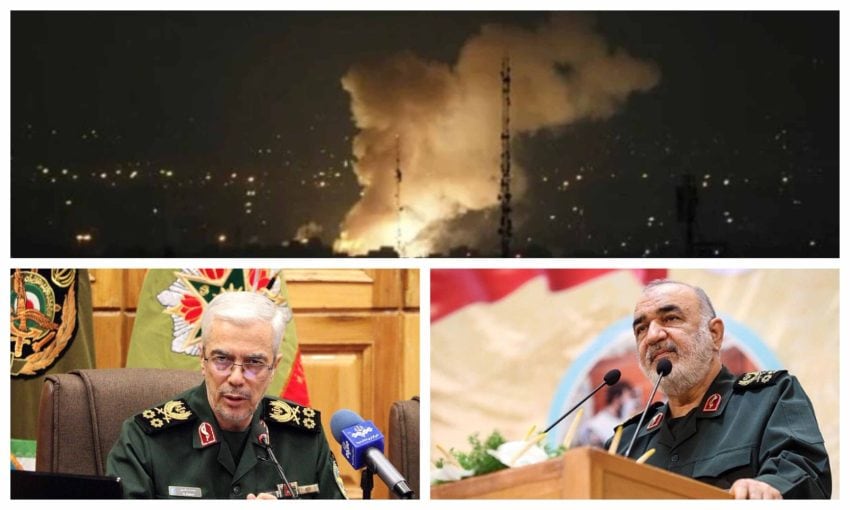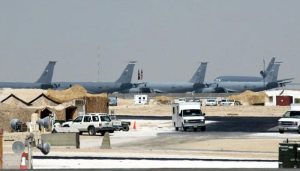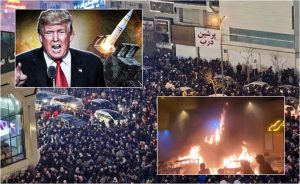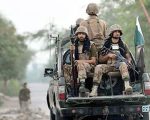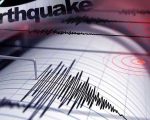TEHRAN – Several senior military officials and a nuclear scientist were assassinated after Israel launched major strikes on military and nuclear sites in Iran.
The attack took place overnight on Friday, as images and footage circulating on social media shows plumes of smoke are emitting from buildings in differing areas.
Chairman of the Chiefs of Staff of Iran’s Armed Forces Major General Mohammad Baqeri, Chief Commander of the Islamic Revolution Guards Corps (IRGC) Major General Hossein Salami, Mohammad-Mehdi Tehranchi, a nuclear scientist and president of the Islamic Azad University, and Fereydoun Abbasi, also a nuclear scientist and former head of the Atomic Energy Organization of Iran, were assassinated in the attacks.
Eyewitnesses and reporters from the Iranian state TV said they saw the bodies of women and children among the victims.
Israeli Prime Minister Benjamin Netanyahu said the military operation against Iran will continue as long as necessary.
On the other hand, Iranian authorities have vowed to give befitting response to the Israeli aggression. They also confirmed that Iranian supreme leader is safe.
Iran has also suspended flights at Tehran international air port following the attack.
Meanwhile, US Secretary of State said the United States is “not involved” in the Israeli strikes, warning Iran against attacking American bases in the region.
A day earlier, media reports claimed Netanyahu led government informed United States and Europe about plans to hit Tehran, triggering concern across global capitals, as it threatens to inflame regional tensions and derail ongoing diplomatic efforts aimed at curbing Iran’s nuclear program.
In response to escalating threat, US State Department ordered withdrawal of diplomatic personnel from Iraq and authorized voluntary departure of military families from American installations in several Gulf nations, including Bahrain and Kuwait.
The timing coincided with what Israeli officials view as a strategic window, as Iran faces internal economic pressure and has yet to fully rebuild its air defense systems following Israeli airstrikes over the past year.
Netanyahu earlier told US President Trump to support or at least not obstruct potential Israeli action. While Mr. Trump had previously resisted such calls, favoring negotiations over confrontation, recent statements suggest his confidence in diplomacy is waning.
Security warnings are increasing as UK maritime agency issued public advisory urging commercial vessels in the Persian Gulf, Strait of Hormuz, and Gulf of Oman to maintain heightened vigilance, citing the risk of military escalation.
Tehran also took steps to prepare, developing rapid-response plan involving hundreds of ballistic missiles to be launched at Israel in case of an attack. Iran’s defense minister warned that all American bases in the region are within striking range, and vowed that the U.S. would face “severe consequences” if it becomes involved.

